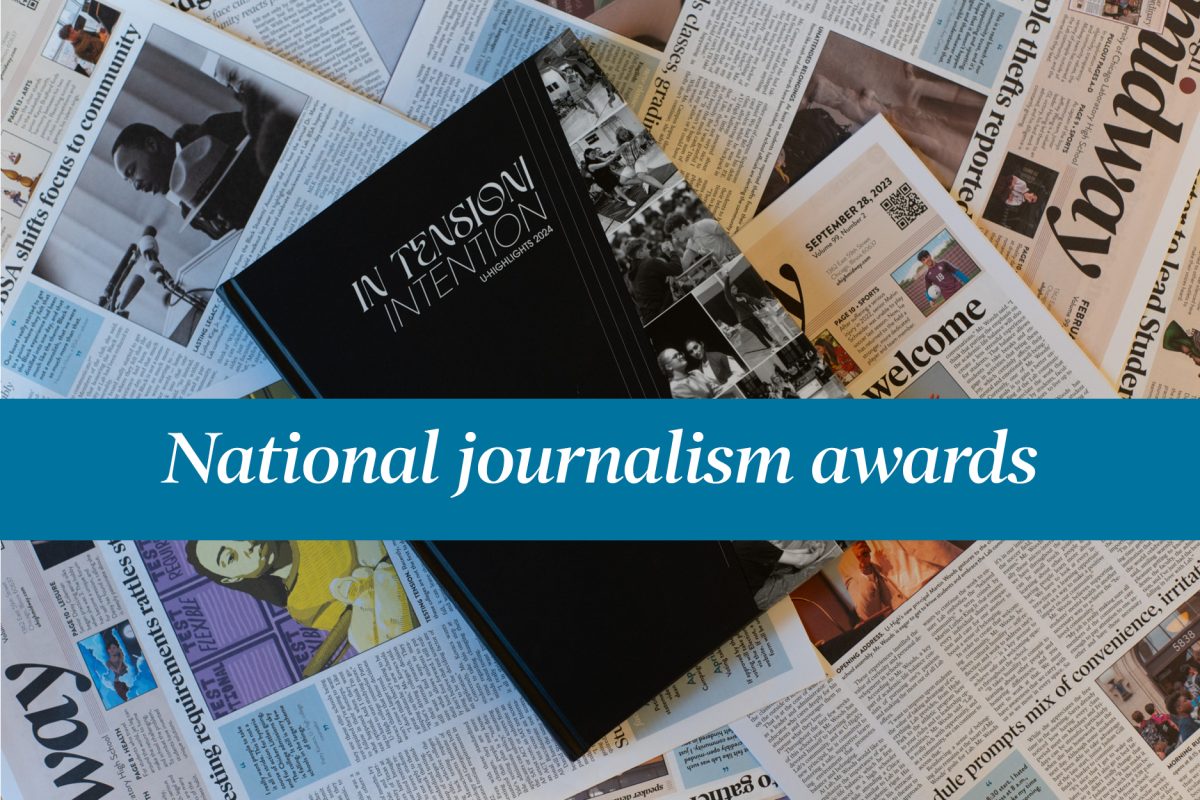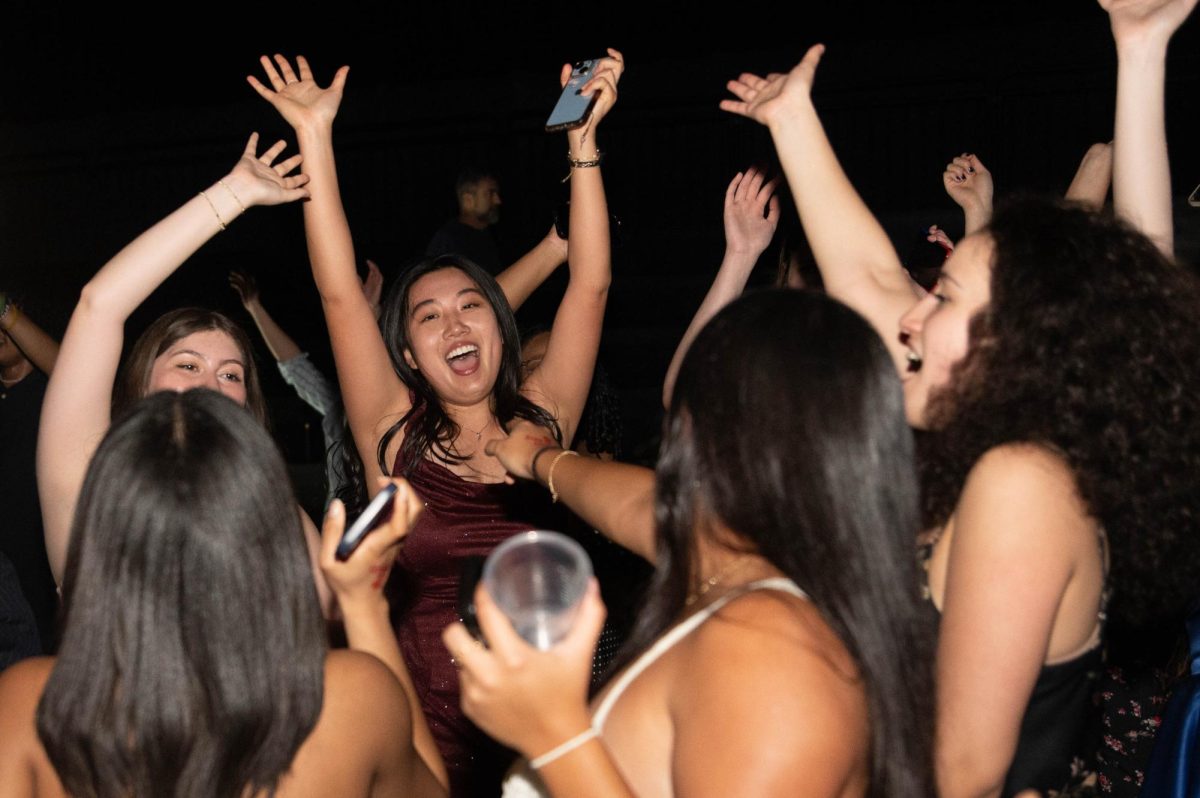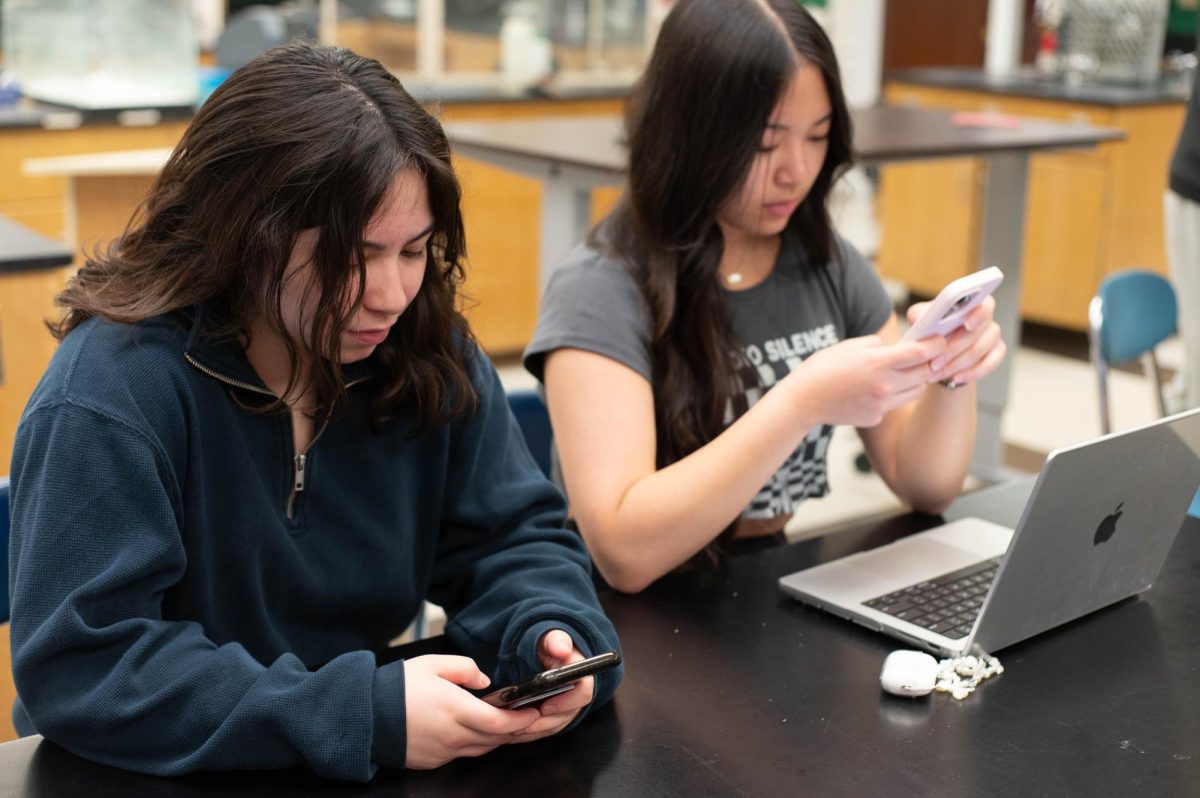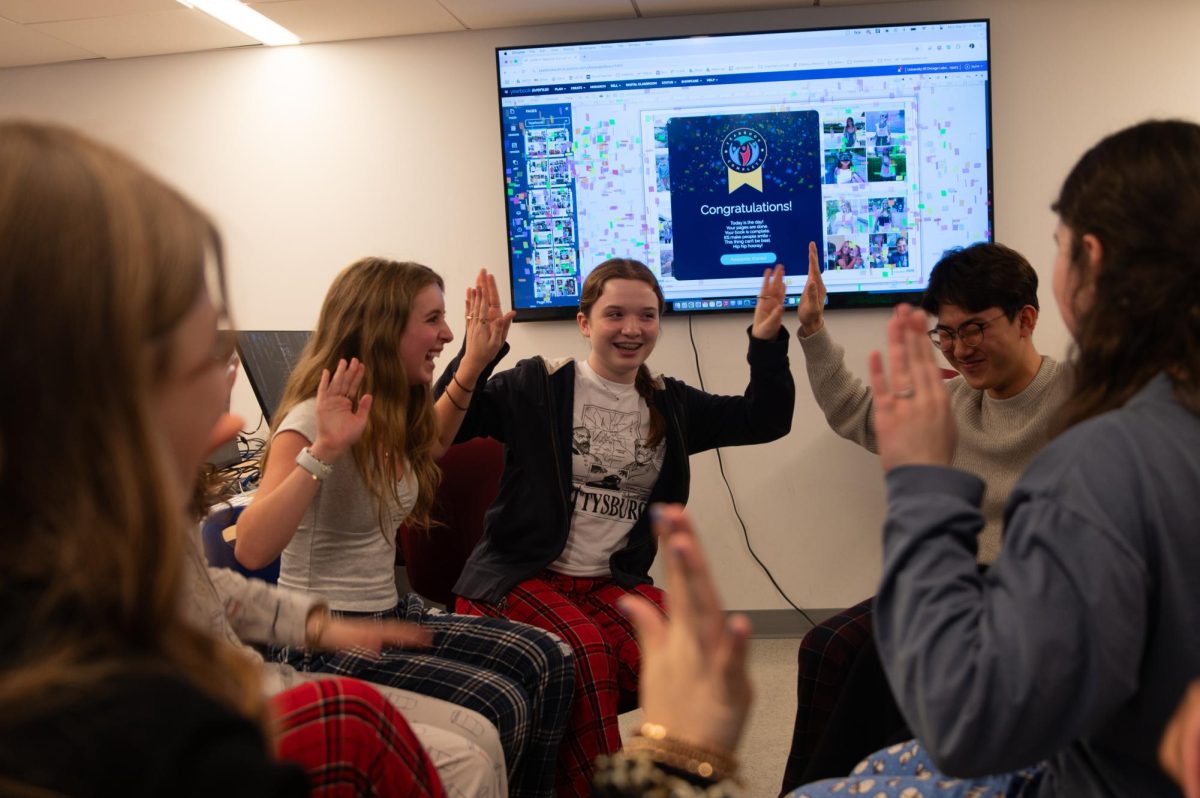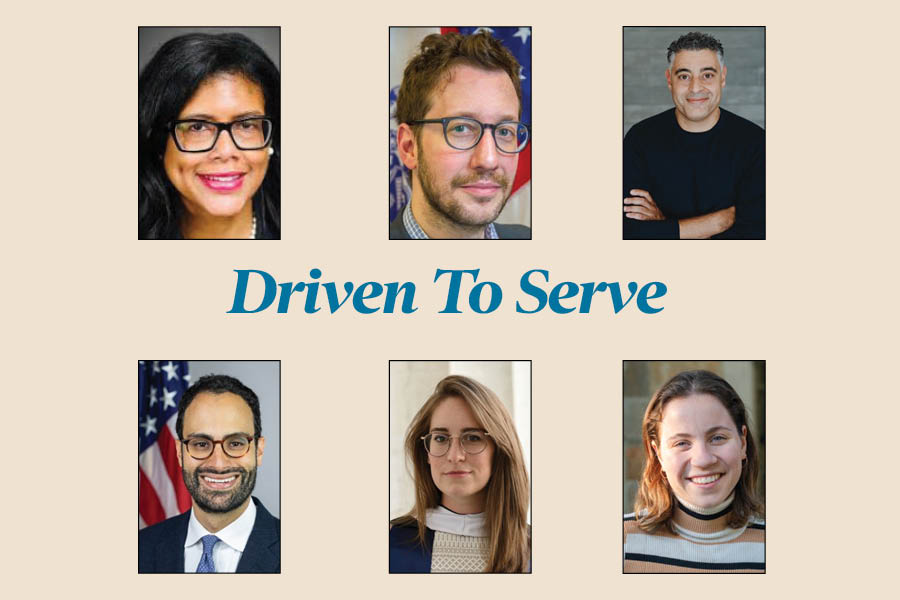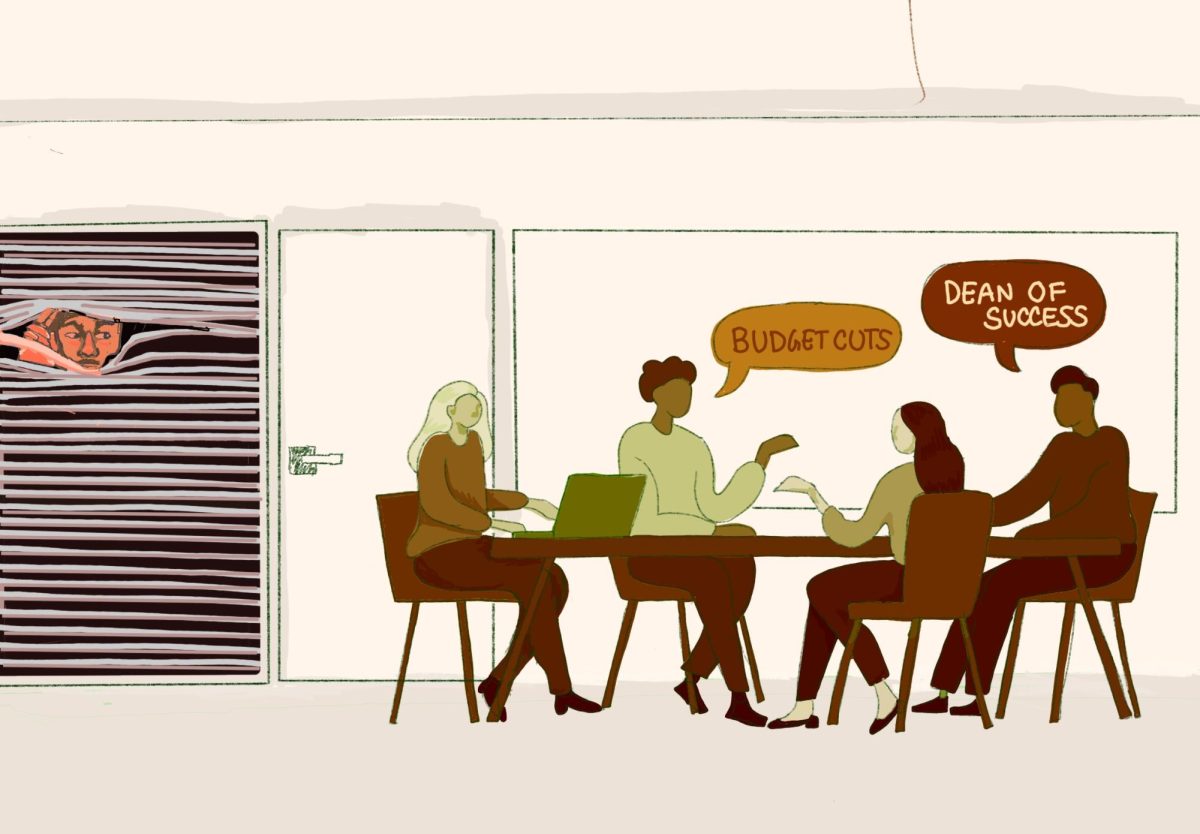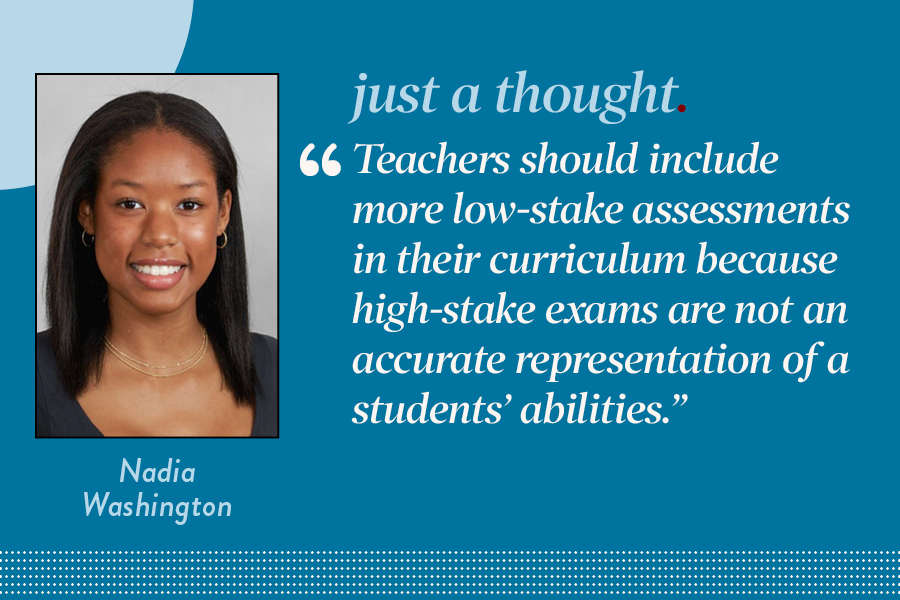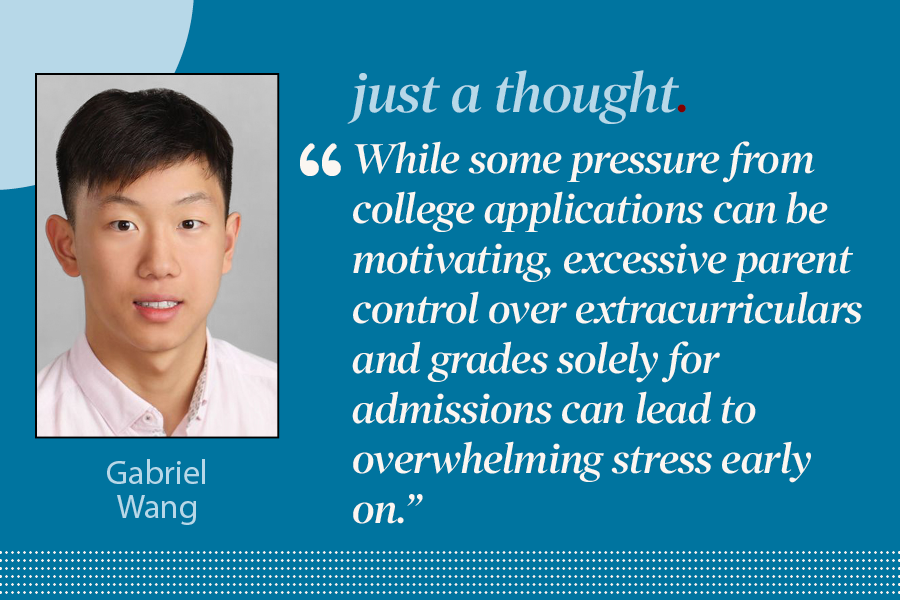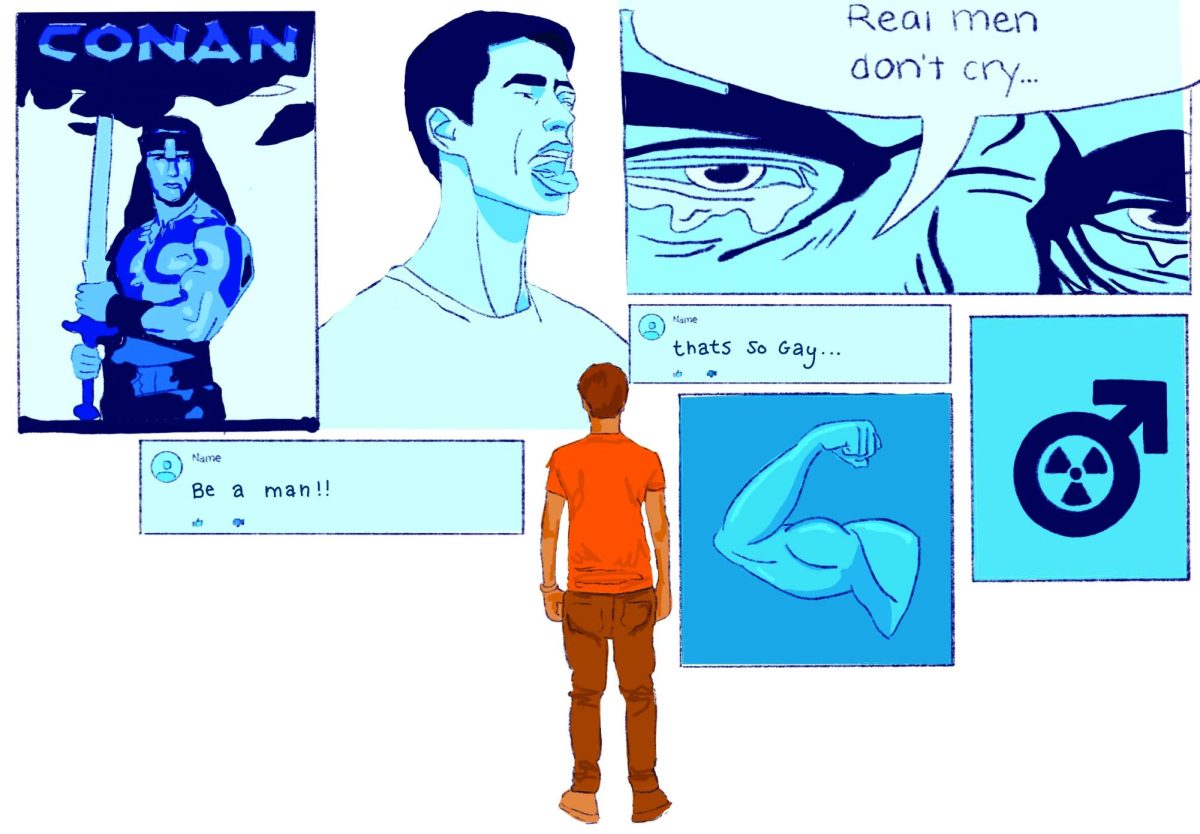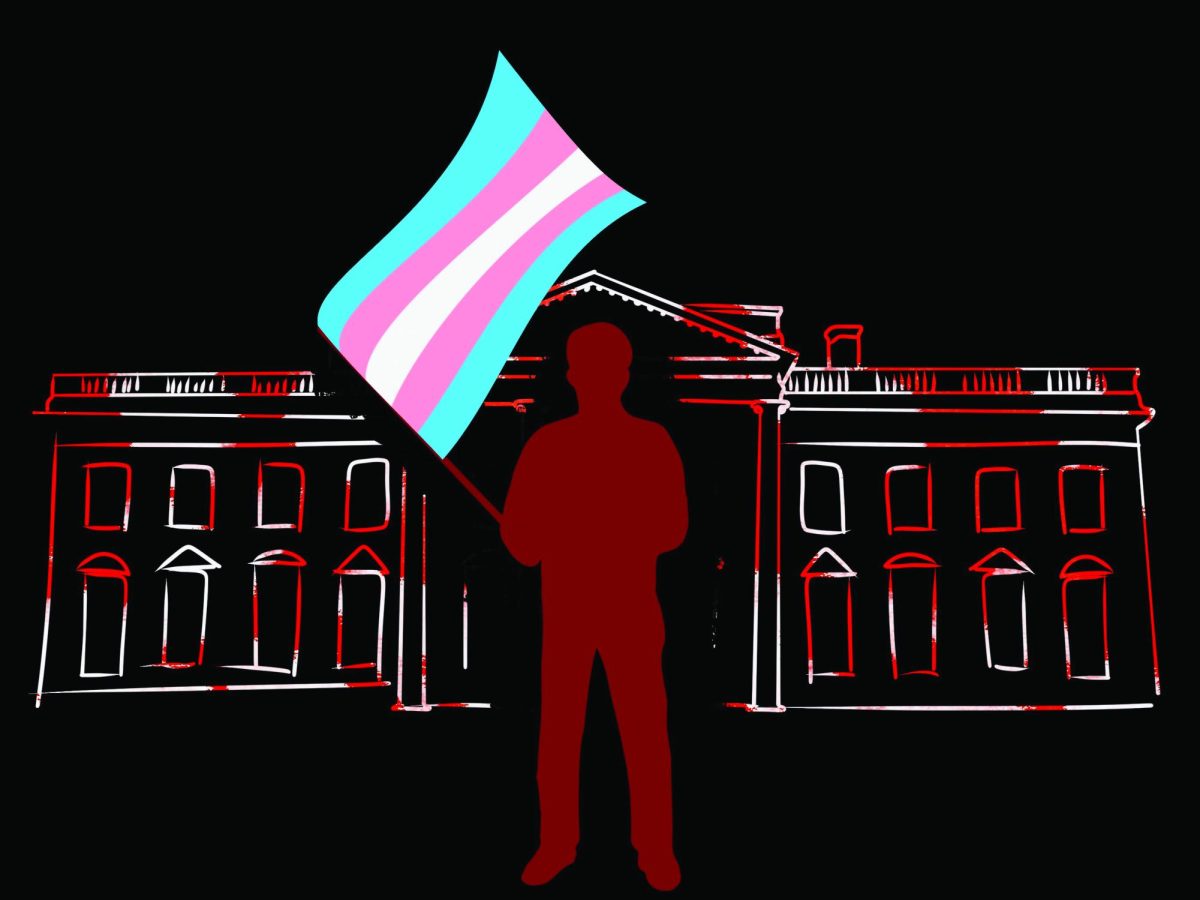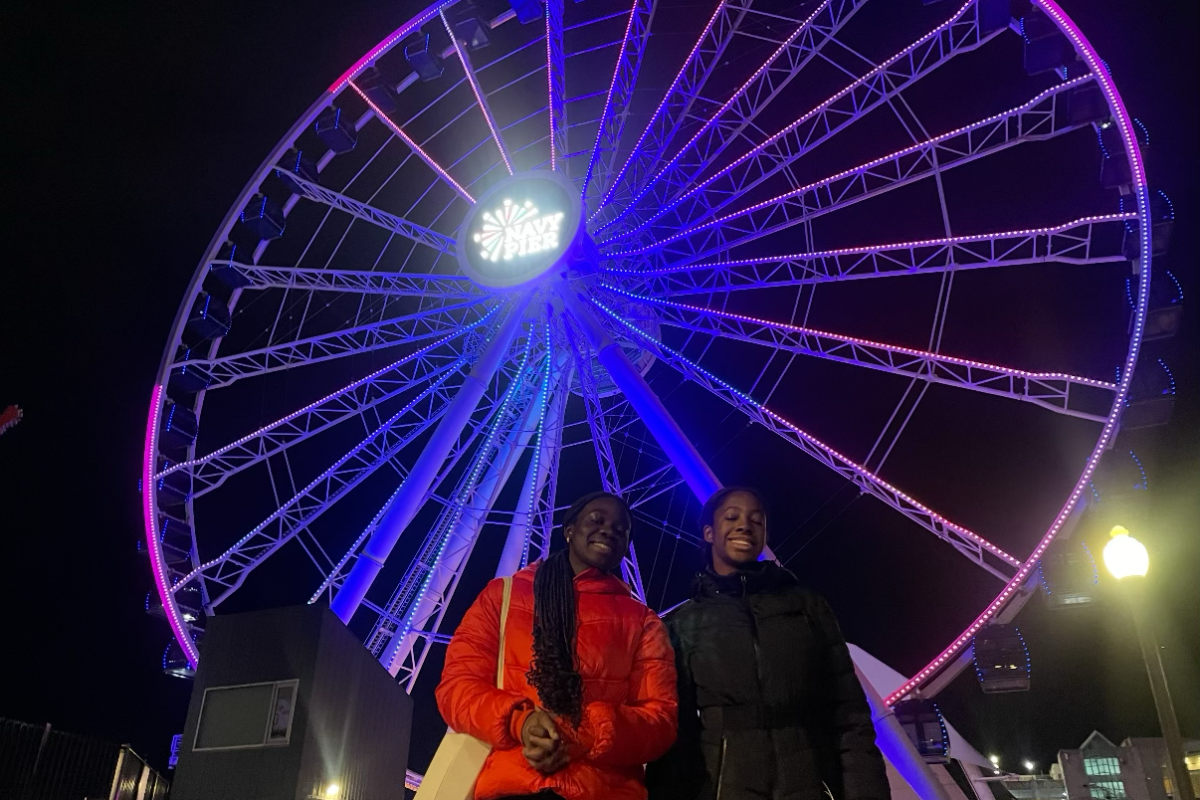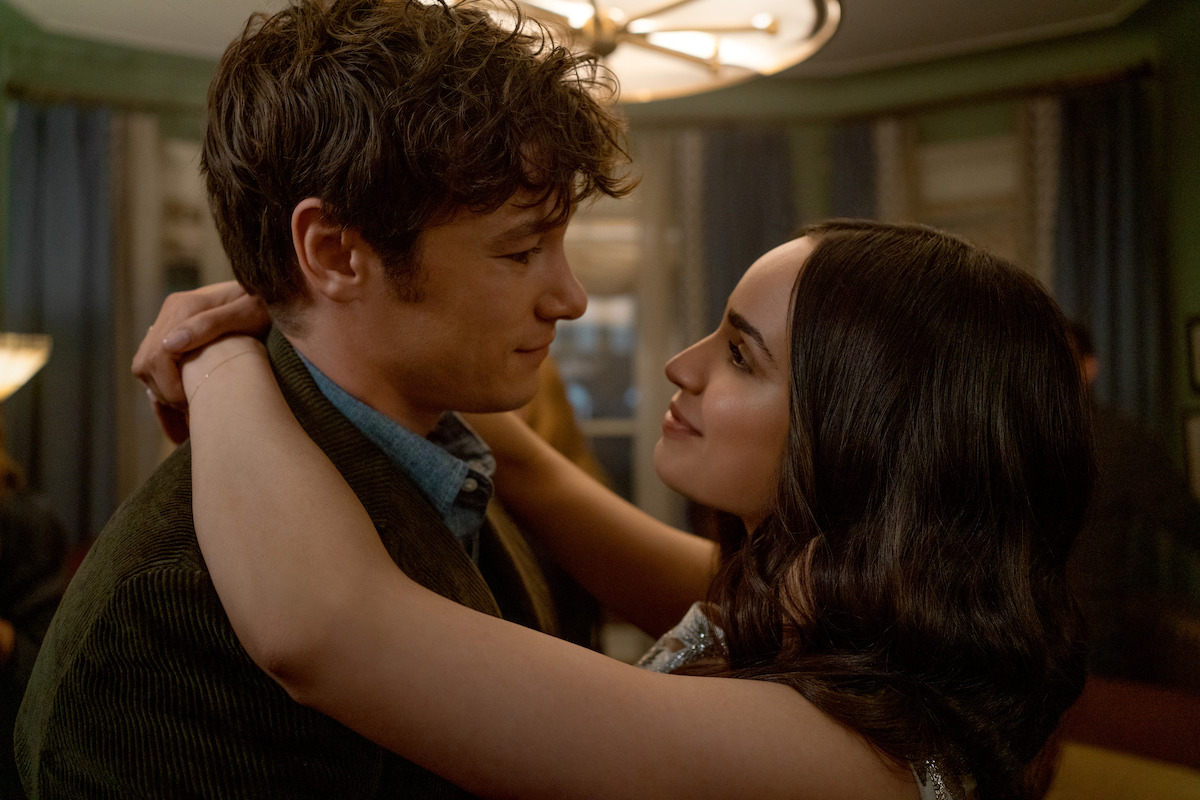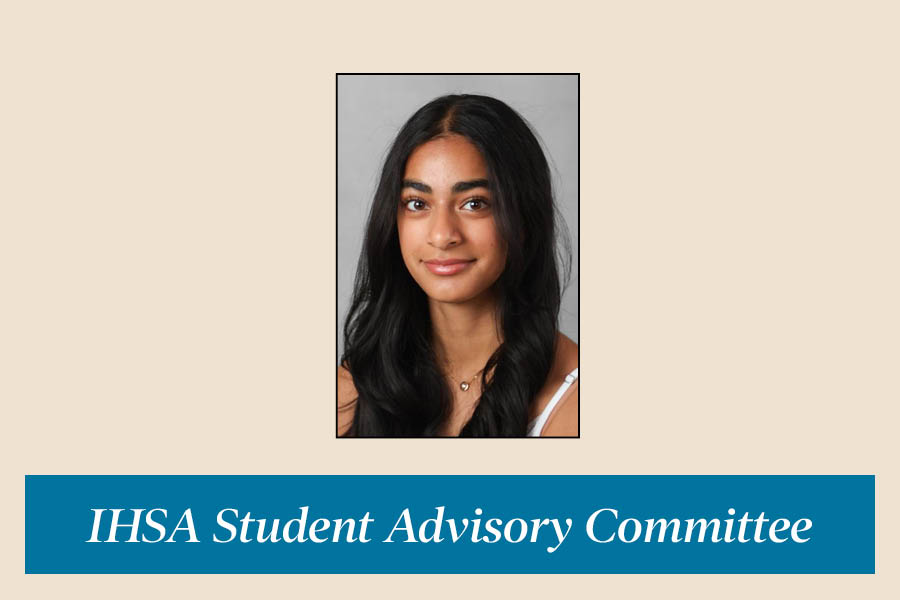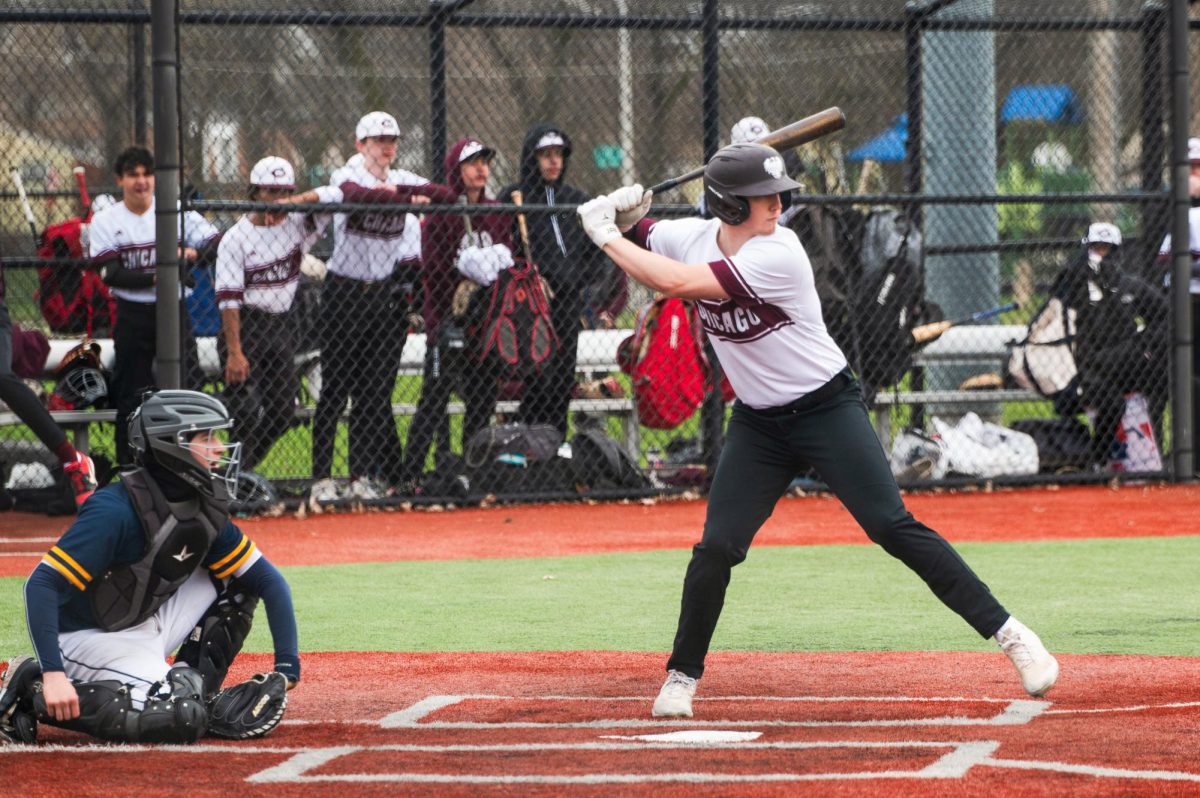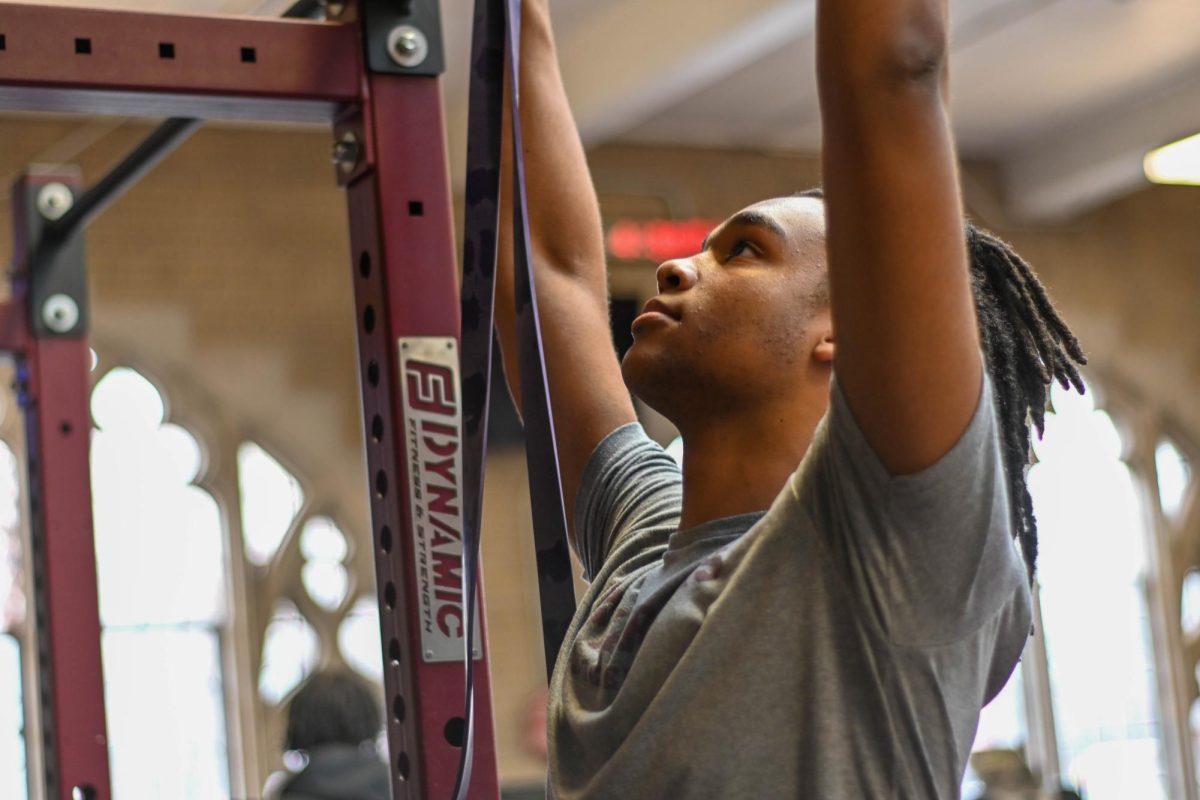Policies
EDITORIAL POLICY: (Adopted 2021; revised 2021-22) In a time when the press is criticized, the U-High Midway seeks to inform, educate and serve the U-High community. The Midway is developed and managed by students, for students. Views and experiences presented in the Midway do not necessarily reflect the views of the entire Midway staff, school or administration.
In every story we write, the Midway should give a voice to the experiences of people at U-High. We will report on the people, activities and thoughts that make our school unique, striving to include the voices we haven’t heard yet.
REQUESTS TO CHANGE OR REMOVE CONTENT: (Established 2019; revised Fall 2022) Once a story is published, our general policy is to not change or remove any content (including quotes, names and information) due to requests from outside sources. Before publication, editors and other staff members have worked to ensure the validity, newsworthiness and ethics of publishing each piece. For these reasons, the editorial board will not take down past articles except in extraordinary circumstances. A task force will be assigned to respond to each request and determine action. Content will only change if it is found to be false, potentially libelous, dangerous, insensitive or causing exceptional harm. If a story is altered, we will make it clear to the readers what edits were made.
ERRORS AND CORRECTIONS: (Formally established 2019) Staff members will strive to correct any errors before publication — and will correct errors after posting when necessary. If the editorial board determines a significant error has been published, a formal correction will appear on the site and remain as a part of the site’s permanent archive. To submit a correction, email midway@ucls.uchicago.edu.
LETTERS, GUEST COLUMNS AND COMMENTS: (Established 2019; revised Fall 2022) Letters to the editor, guest columns and comments will be printed in the newspaper or published on the website and social media. Letters/comments may be submitted to midway@ucls.uchicago.edu or posted via the website and should not exceed 300 words. Guest columns of up to 450 words will be coordinated by the opinion editor.
Letters and columns must be signed and must include the writer’s contact information for verification. No material will be published where content is obscene, invasive of another’s privacy, encouraging physical disruption of school activities and/or determined by editors to be potentially libelous. Student editors-in-chief reserve the right to withhold a letter or column or other submission and/or return it for revision if it contains unprotected speech or grammatical errors that could hamper its meaning. Deadlines for letters and columns will be determined by student editors-in-chief or designee. Submissions to the editor will not be returned to the author.
Online comments will require a name and email address submitted for verification. Website comments are moderated by editors and must be approved before appearing on the website. Online comments for the website or social media that are found in violation of the editorial policy will be removed as quickly as possible. A comment may be removed, without notice to the commenter, if any of its content meets one or more of the following criteria:
- Contains profanity, vulgarity or words that attack or demean an individual or group based on race, ethnicity, sex, gender, gender identity, sexual orientation, ability, religion, immigration status or other identity.
- Contains misleading or factually inaccurate information, misinformation or disinformation.
- Threats or encouragement of violence and/or other illegal behavior.
- Disclosure of personal and/or private information about any individual, including (but not limited to) the writer of the piece or the writer of another comment.
- The comment is written under the name or username of an individual other than the author of the comment.
- Message is unrelated to the story, including self-promotion, commercial links or other types of spam.
CONFLICTS OF INTEREST: (Formally established 2021; revised Fall 2022) The U-High Midway will seek to avoid known or perceived conflicts of interest, which can arise when a writer, editor or other staff member has a personal interest or connection to a story topic or source which would alter the way that a story or other content is presented. Examples of actual conflicts of interest include participation with a team, club or activity, or inclusion/exclusion of a source who is a close friendship or relationship. Examples of perceived conflicts of interest include any situations where a reader could conclude that content is published or source is included/excluded simply due to the connection to the Midway staff member.
Midway staff members will not be involved in or influence the production of content where they have a conflict of interest, and it is the responsibility of every staff member to identify and avoid known, perceived or potential conflicts of interest. In situations where a conflict cannot be avoided, the Midway will encourage transparency through disclosure of the relationship. Editors-in-chief will determine how to avoid or disclose conflicts of interest.


